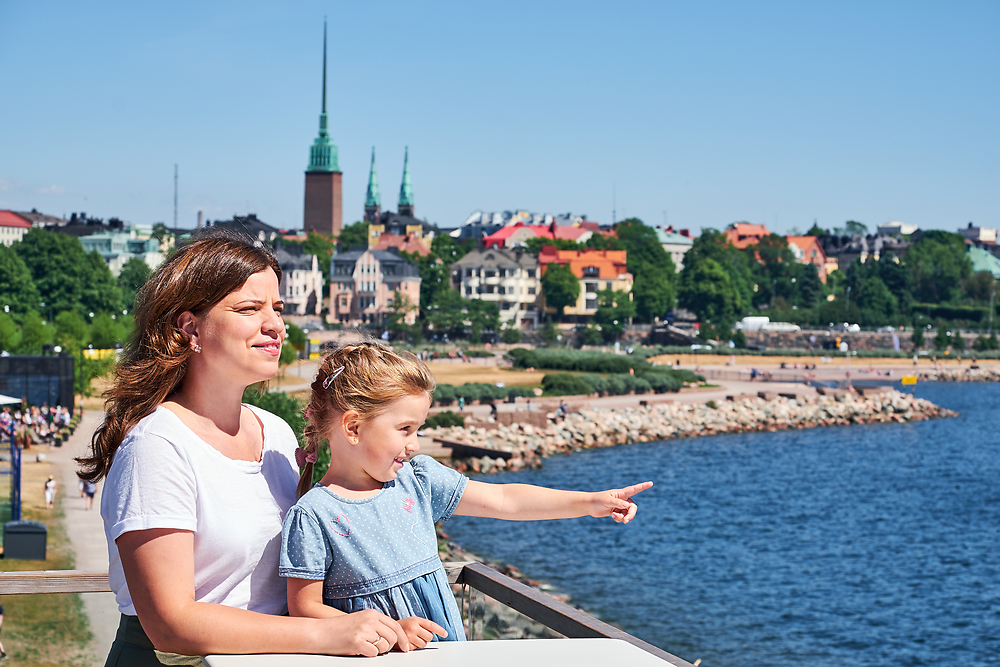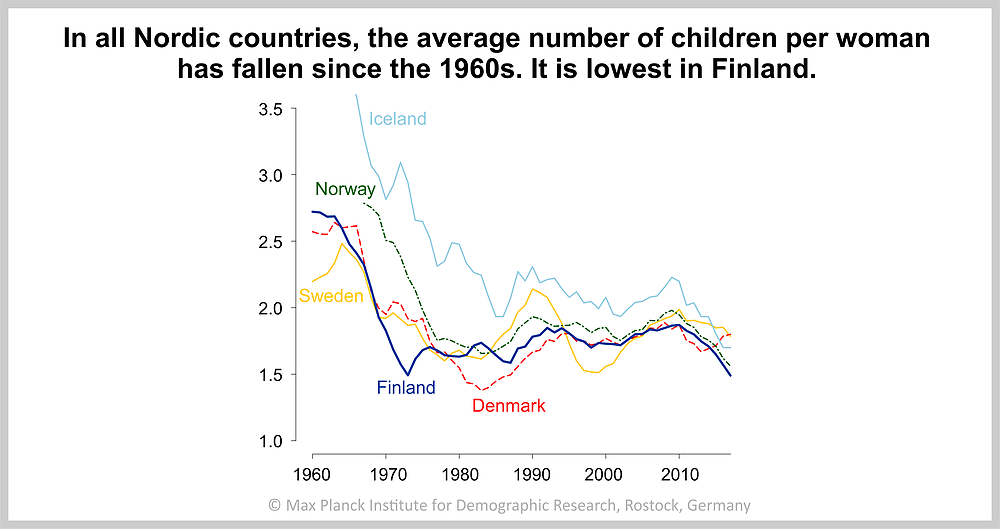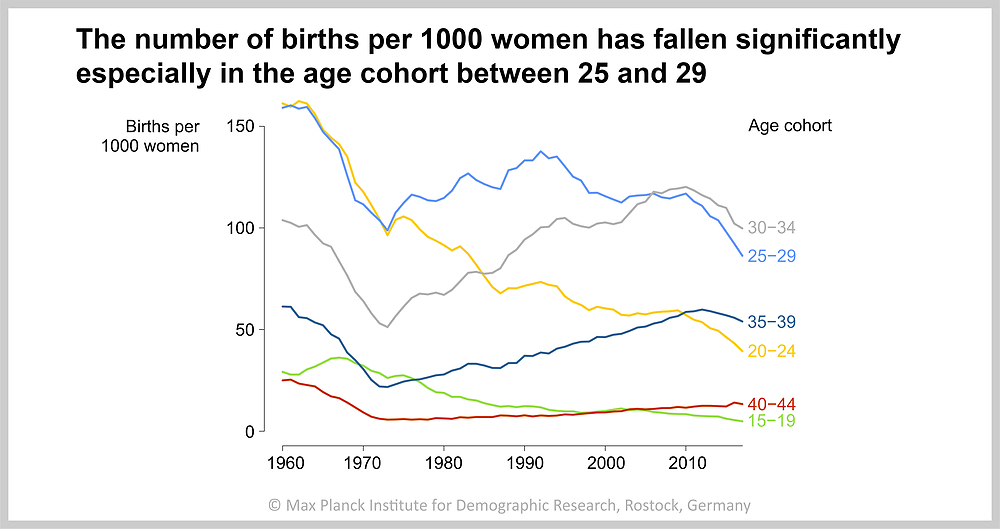May 15, 2020 | Press Release
Finnish Women Have Fewer Children and Have Them Later in Life

Having no children or just one child, will probably become more common in Finland. © iStockphoto.com/Lev Karavanov
In most Nordic countries the number of children per woman has been falling for several years. This trend is particularly strong in Finland. Julia Hellstrand and Mikko Myrskylä investigated what is causing this change there.
Even a family-friendly country like Finland has experienced a significant decline in births since 2010. In 2018 the total fertility rate fell to an all-time low of only 1.41 children per woman. For decades before this recent decline began in 2010, the average number of children per woman was just under two. Julia Hellstrand, Jessica Nisén and Mikko Myrskylä, scientists at the Max Planck Institute for Demographic Research (MPIDR) in Rostock, Germany, have used data from the Human Fertility Database (HFD) to investigate this in more detail. They published their results in the journal Population Studies.

© MPIDR
The researchers found that fewer and fewer women are having children in their 20s. In the age group between 25 and 29 years, the proportion of women who become mothers for the first time decreased particularly sharply between 2010 and 2017. Today, less than half of Finnish women who turn 30 have children.
But women over 30 also have fewer children than a few years ago. In the age cohort between 30 and 39, the number of children per 1000 women is decreasing for the first time since the 1970s. This means that the fertility rate is currently falling not only because Finnish women have children later, but also because fewer children are being born overall.

© MPIDR
This trend will probably continue in the future. In their forecast for the female cohort born in the mid-1980s, the researchers predict that the lifetime fertility in this age group will fall from around 1.9 to less than 1.75 children per woman.
There are many reasons for this development. Since fertility is always linked to the economy, it fell during the economic crisis between 2008 and 2014. But even after the recession was over, fertility continued to decline. According to surveys, Finns want fewer and fewer children or no children at all. The reasons they give are that they have other goals in life, they don’t have the economic means, or they don’t have a partner.
Original publication
Hellstrand, J., Nisén, J., Myrskylä, M.: All-time low period fertility in Finland: Demographic drivers, tempo effects, and cohort implications, Population Studies. (2020) DOI: 10.1080/00324728.2020.1750677